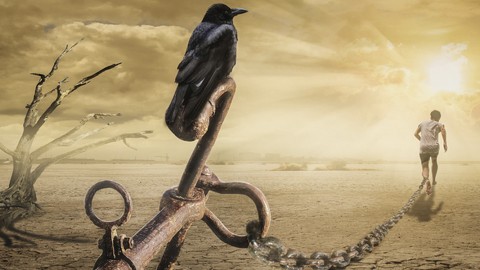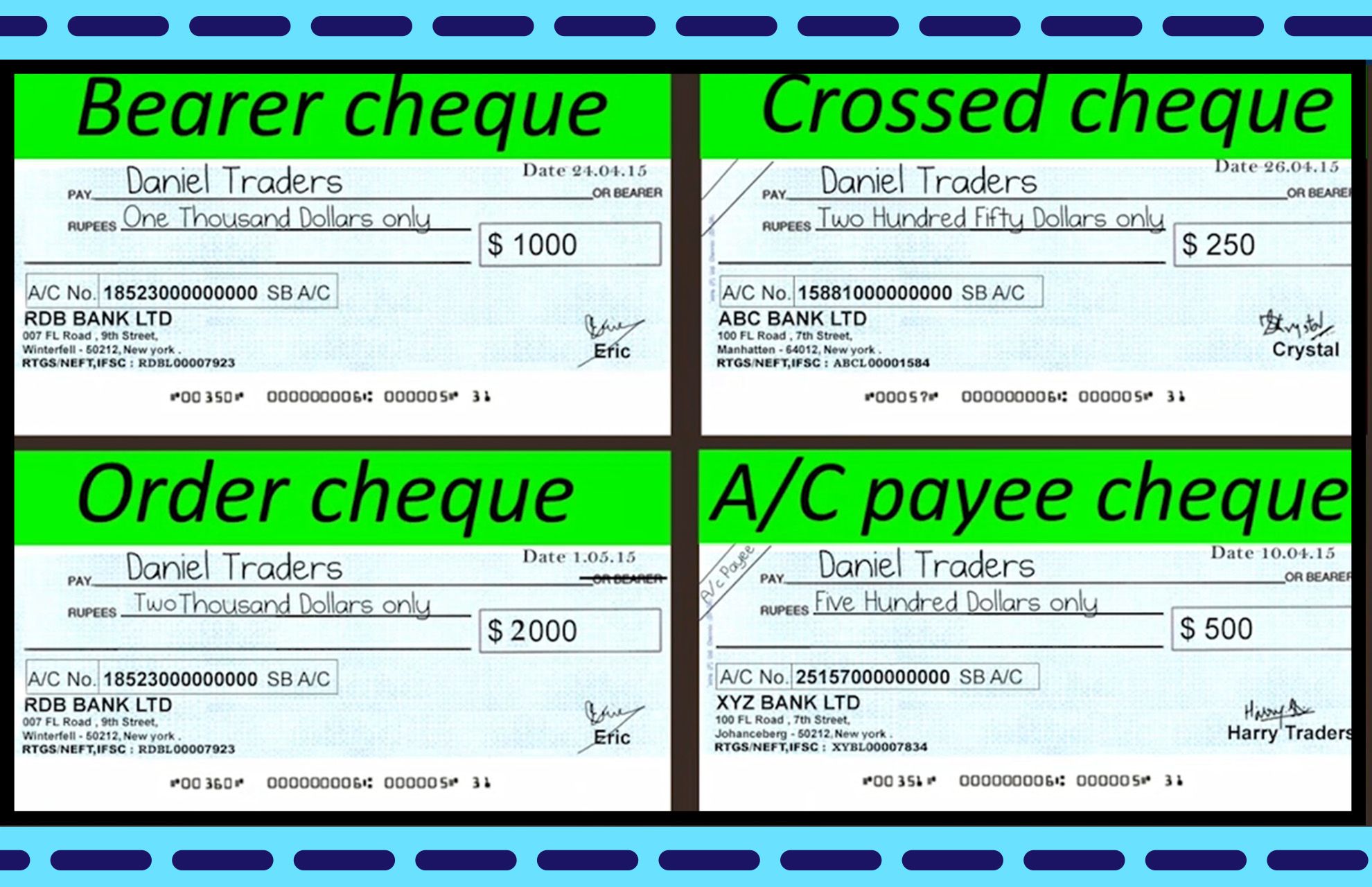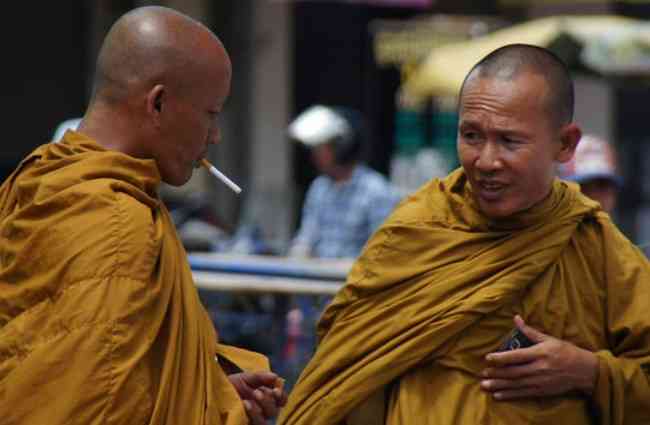There is anecdote, in the life of Kabir and his son Kamal. One morning Kabir sends Kamal to the forest to bring green grass for the cattle. Kamal goes to the forest with a sickle in his hands. Plants are dancing in the wind, as they are dancing right here before us. Morning turns into midday and mid day passes into evening, and yet Kamal does not return home from the forest. Kabir is worried, because he was expected to be back home for his midday meal. Kabir makes inquiries and then goes to the forest with a few friends in search of his son. On reaching the forest, he finds Kamal standing in the thick of grass tall enough to reach his shoulders. It is wrong to say that he is standing, he is actually dancing with the dancing plants. The wind is dancing, the plants are dancing and Kamal is dancing with them.
His eyes are closed and he is wholly absorbed in the dance. Kabir finds that he has not chopped a single blade of grass for the cattle. So he gently puts his hands on his shoulders and asks, “What have you been doing, my son?”
Kamal opens his eyes and looks around. He tells his father, “You did well to remind me,” and then picks up his sickle with a view to his assigned task. But he finds it is already dark and not possible to cut any grass.
The people with Kabir asked him, “But what have you been doing for the rest of the day?”
Kamal says, “I became just like a grass plant; I forgot I was a man or anything. I also forgot this was grass I came to chop and take home to my cattle. The morning was so beautiful and blissful, it was so festive and dancing with the wind and the trees and the grass, it would have been sheer stupidity on my part not to have joined the celebration. I began dancing, forgetting everything else. I didn’t even remember I was Kamal who had come here to collect food for my animals. I am aware of it again only now that you come to remind me.”
Participation
When Kamal started dancing with and like grass, what happen to him. He started participating with grass and it’s dance. Do you remember any event or incident when you have participated and with that time and space disappeared.
Self-participation is the universal principle of knowing.
Such happiness as life is capable of comes from the full participation of all our powers in the endeavor to wrest from each changing situations of experience its own full and unique meaning.
1st let all of us understand participation from our day to day life.
Participation can be of many ways whether to join a group or partake in any events or fun activity.
Participation in itself has many benefits like it can help you boost up your confidence, challenge your inner self that helps you know more about you, realize your forgotten or present dreams, showcasing your talents and most of all being able to live completely to the fullest.
Importance of participation in development:
1. People organize best around problems they consider most important.
2. Local people tend to make better economic decisions and judgments in the context of their own environment and circumstances.
3. Voluntary provision of labor, time, money and materials to a project is a necessary condition for breaking patterns of dependency and passivity.
4. The local control over the amount, quality and benefits of development activities helps make the process self-sustaining.
Learning from the story Grass Plant: Participation
Experience Learning
Life is a flow of love, only your participation is requested.
Have you ever seen an advertisement from your local council seeking community feedback on a project and felt like you don’t have anything worthwhile to contribute? You might think that you should just leave it up to the professionals and your elected representatives. Perhaps you are a little skeptical and think that your comments won’t be considered anyway since the decision makers are just going to do what they want anyway. But being involved in community engagement is not a waste of your time and there are many benefits and reasons why you should get involved:
1. Your opinion is important
Decision makers genuinely want to hear your ideas and feedback. Community engagement is a vital part of many projects and the benefits of it are well documented, such as better outcomes for all stakeholders, community ownership and lower project costs. Effective community engagement is about recognising that involving the public in a project is no longer about information dissemination and telling the people what is being done, but is a two-way information sharing tool.
2. More perspectives
Community engagement is often heavily one-sided, and engagement projects can be inundated with input only from those community members who have a strong opinion (and more often it is a negative opinion about a project). Without other perspectives being aired, decision makers might not make the best decision for the community as a whole simply because of a minority of loud voices (squeaky wheel gets the grease). If your opinion differs to the more popular opinions, decision makers want to hear from you so they get a balanced understanding of the community’s views.
3. New information
Decision makers recognise that the community that uses the spaces that it’s planning for have an intimate and unique relationship with the area that they themselves often do not have. Because of this knowledge, community members can provide new information on a project that has yet to be considered. Public involvement brings more information to the decision, including scientific or technical knowledge, knowledge about the context where decisions are implemented, history and personalities.
4. Community benefit / ownership
When the community is involved in a project, they have ownership of it and the decision making process, which is key to a successful project outcome, even if not all individuals necessarily agree with the outcome.
5. It feels good
When a project is finalised and you can see the fruits of your labour, it feels good knowing that you were involved in something that benefits the community.
6. A numbers game
For public agencies with political leaders, the total number of people engaged is important. Engaging higher numbers gives the elected representatives confidence in their decision.











